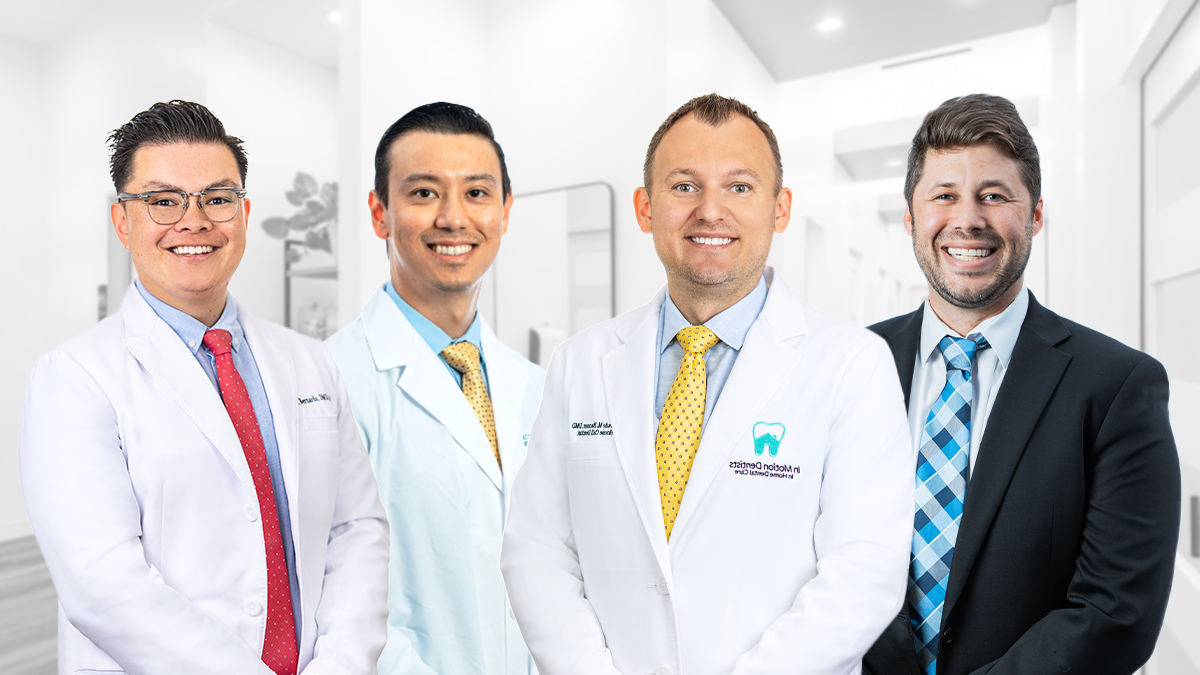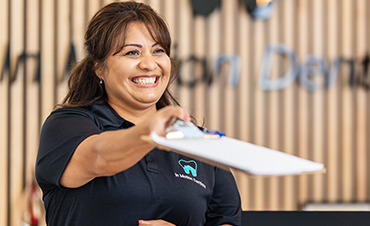 Researchers estimate that 50 to 80 percent of adults in the United States have dental anxiety, varying from mild to severe. Worrying about dental appointments can cause you to reschedule appointments or avoid going to the dentist altogether. If you have anxiety about going to the dentist, how can you control it and start feeling confident about your smile?
Researchers estimate that 50 to 80 percent of adults in the United States have dental anxiety, varying from mild to severe. Worrying about dental appointments can cause you to reschedule appointments or avoid going to the dentist altogether. If you have anxiety about going to the dentist, how can you control it and start feeling confident about your smile?
How Can You Handle Dental Anxiety?
You can handle anxiety at the dentist by taking steps to identify the cause of your anxiety and developing an action plan to prevent it from overwhelming you. We will explain nine steps that can help:
- Understand the cause of your anxiety
- Identify your triggers
- Find a dentist who listens
- Talk about it
- Learn about your procedure
- Use relaxation techniques and distractions
- Ask about sedation
- Do not give up
- Explore an alternative to in-office visits










